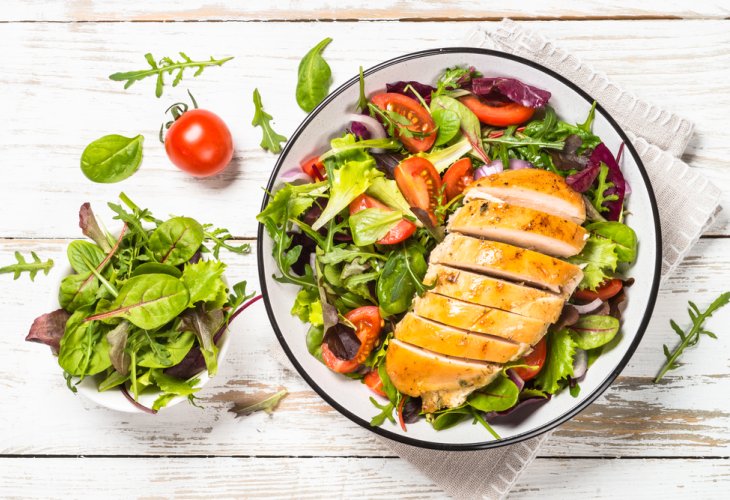Is Evening Eating Really a Problem? A Dietitian's Clear Answer
Exploring whether eating at night poses a problem as we age, even if it involves vegetables, with insights from a dietitian.
 (Photo: shutterstock)
(Photo: shutterstock)Is there an issue with eating at night as we age, even when it comes to vegetables? Dr. Maya Roseman addressed this question on her radio show on 103FM.
According to the dietitian, the answer is yes: "Eating in the evening is not recommended for anyone. Even if you don't feel bad sometimes, it means nothing."
And what about vegetables, fatty foods, or protein-rich meals? Not recommended, because the stomach needs to digest the food we've eaten.
Dr. Roseman explained why it's not good to eat steaks and other foods at night (not even salad):
The stomach, among other things, has two functions:
1. Secreting acids and enzymes that break down proteins.
2. "Mashing" vegetables into puree. If you don't chew well, food pieces reach the stomach, which has to do the work that teeth didn't. At night, the entire body rests, so why should the stomach work?!
Rabbi Zamir Cohen: Which foods are completely forbidden according to the Rambam?
What can you eat if you're hungry before bed?
The recommendation to avoid eating meals in the evening is clear-cut. If you insist, Dr. Roseman suggests eating something small and easy to digest like 15 almonds, a banana (if you're not diabetic), yogurt, or a slice with a teaspoon of peanut butter.
 (Photo: shutterstock)
(Photo: shutterstock)
When should you stop eating for the day?
According to her, after 7:00-8:00 PM, based on research, nobody should eat large and hard-to-digest foods.
The content of this article is intended to provide information and is not a substitute for medical or professional advice.
Related Topics:
Eat and Avoid: Golden Tips for Proper Nutrition According to the Rambam

